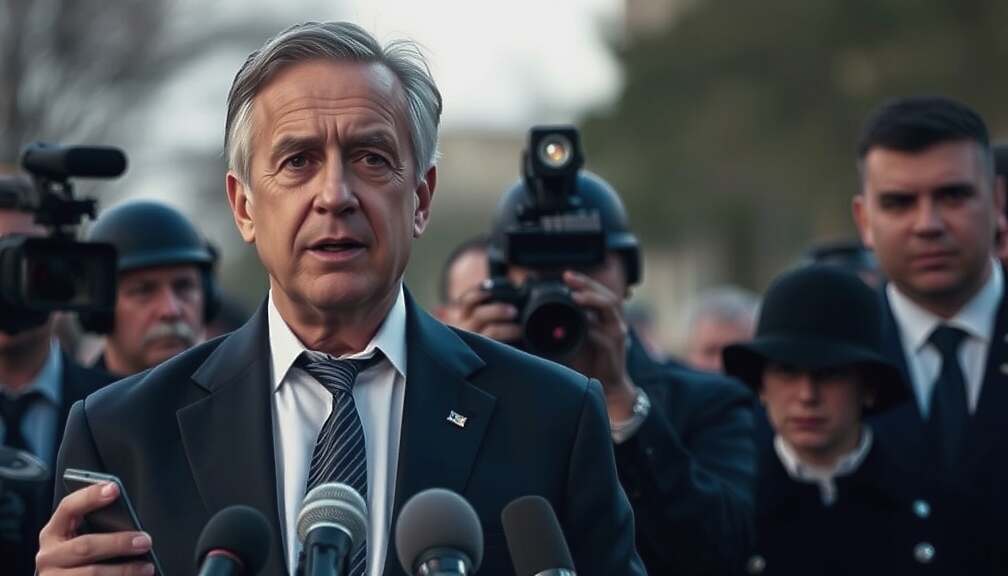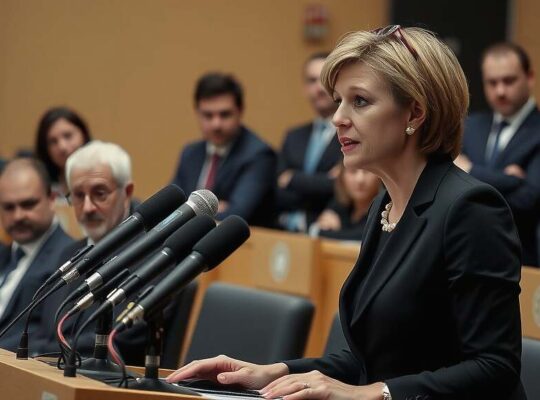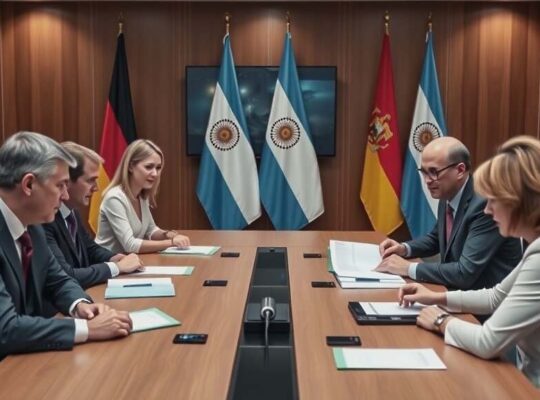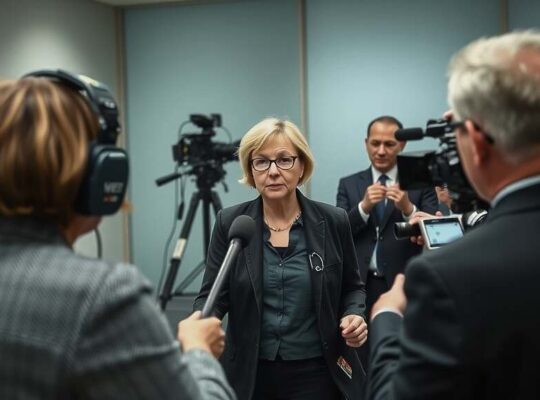Recent intelligence reports detailing Russia’s increased use of chemical weapons in Ukraine are prompting renewed calls for enhanced military support from Berlin. Roderich Kiesewetter, a German parliamentarian for the Christian Democratic Union (CDU), has strongly advocated for the immediate delivery of Taurus cruise missiles, arguing that their deployment is overdue and essential for disrupting Russian supply lines and strategic infrastructure.
Kiesewetter’s demand aligns with recent comments from CDU leader Friedrich Merz, who has not ruled out the possibility of sending Taurus missiles to Ukraine, describing it as “an option.
Beyond the Taurus missiles, Kiesewetter is pressing for a significant increase in Germany’s overall military aid to Ukraine, suggesting it should be scaled up to at least 0.3% of Germany’s Gross Domestic Product (GDP). Current levels of German military assistance are considerably lower, standing at below 0.1%. He also urged the German government to unequivocally support the transfer of frozen Russian assets to Ukraine.
The call for action stems from joint warnings issued by German, Dutch and Netherlands intelligence agencies. These agencies, including the German Federal Intelligence Service (BND), the Dutch Military Intelligence and Security Service (MIVD) and the Dutch General Intelligence and Security Service (AIVD), have reported a concerning escalation in Russia’s employment of chemical weapons in Ukraine, a direct violation of the Chemical Weapons Convention. These agencies noted the increasing use of a variety of chemical agents, even including potent substances like Chloropicrin, a chemical weapon also known as “Green Cross No. 1” from World War I.
Kiesewetter expressed concern that the intelligence findings expose a “pitiful inaction” on Germany’s part, undermining its credibility. He characterized Russia’s actions as part of a strategy of “maximum transgression of the rules of war” aiming to leverage brutality and cruelty to demoralize Ukrainian soldiers and deter support from the international community. He emphasized the necessity of “concrete actions” from Germany to bolster Ukraine’s defensive capabilities.












